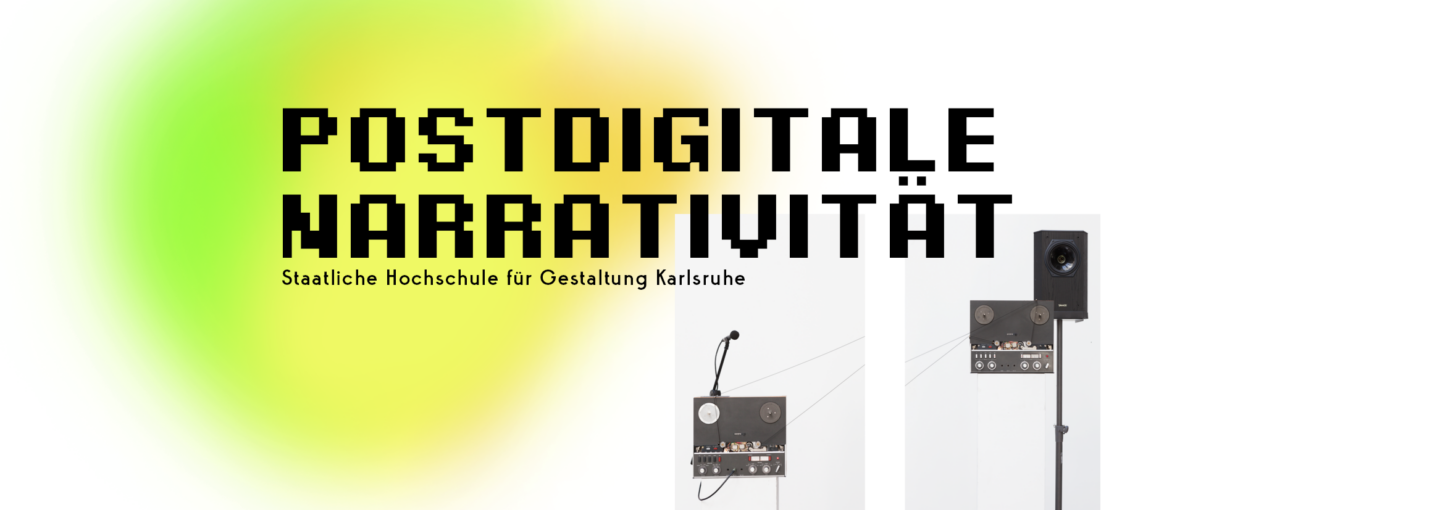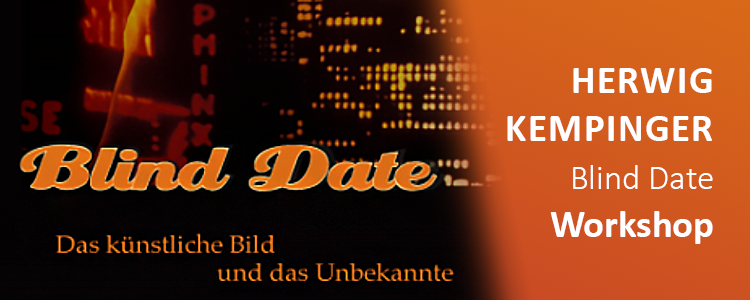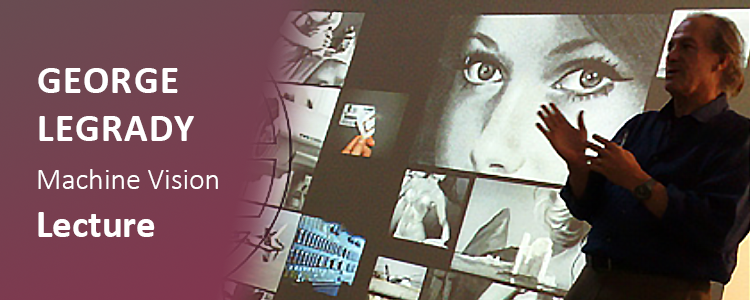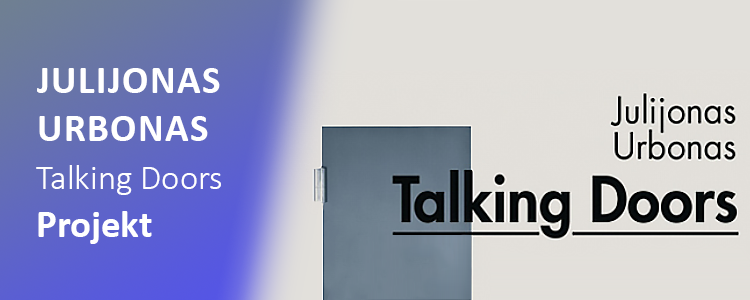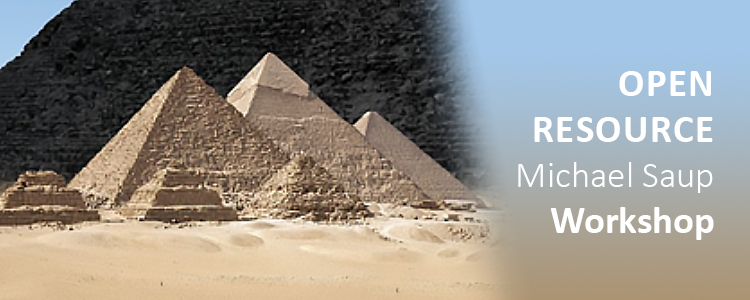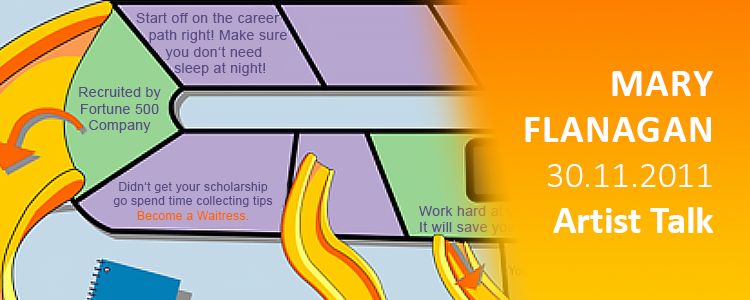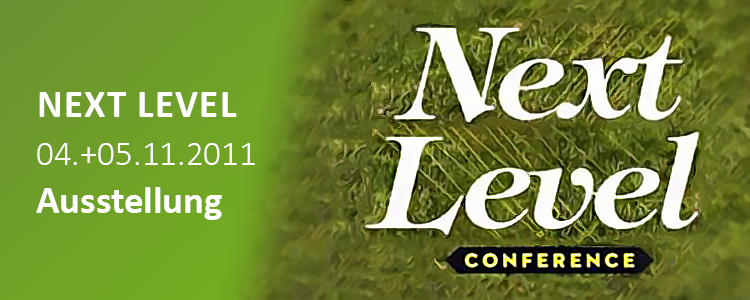Das GameLab des Instituts für Postdigitale Narrativität der Hochschule für Gestaltung Karlsruhe (HfG) präsentiert sich auf der diesjährigen Next Level Conference am 4. und 5. November in Köln. In ihrer zweiten Ausgabe nimmt die Next Level Conference Computerspiele als ausdrucksstarkes und sinnstiftendes Medium ernst und präsentiert digitale Spiele im Kontext von Kunst und Kultur. Sie bietet ein abwechslungsreiches Programm aus Kunstprojekten und Diskussionen zur Kreativwirtschaft und Kulturellen Bildung sowie eine lebendige Mischung wissenschaftlicher Vorträge und außergewöhnlicher Spiele zum Testen.
Das GameLab Karlsruhe ist sowohl in der dortigen Ausstellung als auch im Gesamtprogramm stark vertreten, unter anderem mit Vorträgen der HfG-Lehrbeauftragten Adam Rafinski und Sebastian Felzmann sowie der Studenten Marco Zampella und Jens M. Stober. Ihr Vortragsspektrum umfasst die folgenden Themen: „Der erweiterten Spielbegriff“, „Mediennostalgie und Retrogaming“, „Ludic Interfaces“ sowie „Computerspiele, Kunst und Volksverhetzung“.
In der NEXT LEVEL II-Ausstellung sind Arbeiten folgender Künstler des GameLabs Karlsruhe zu sehen: Holger Ballweg, Patrick Borgeat, Adam Gawel, Jonathan Giroux, Juan Alzate Romero, Max Ratzlaff, Matthias Richter, Matthias Schneiderbanger, Michael Vierling, Johnatan Wehrle, Matthias Wölfel, Marco Zampella.
Die an die Lange Nacht der Kölner Museen angegliederte Ausstellung lässt ihre Besucher Games ausprobieren und Medienkunst erleben. Neben des GameLab Karlsruhe sind auch künstlerische Positionen des Cologne Game Lab und der Züricher Hochschule der Künste (ZhdK) vertreten.
Weitere Infos zum Programm unter: www.game-lab.de und www.nextlevel-conference.org
Veranstaltungsort NEXT LEVEL II:
AbenteuerHallenKALK
Christian-Sünner-Straße 8
51103 Köln
_ _ _ _ _ _ _ _ _
English version
The GameLab of the institute of postal-digital narratives of the Hochschule für Gestaltung Karlsruhe (HfG) presents itself on this year’s Next Level conference on the 4th and 5th of November in Cologne. In their second Next Level conference they take computer games as a very expressive and sense-donating medium and present digital games in the context of art and culture. They offer a diverse programme from art projects and discussions to the creative economy and cultural education as well as a living mixture of scientific talks and unusual games for the testing.
The GameLab Karlsruhe is represented in the exhibition there as well as strongly in the whole programme, among the rest with talks of the HfG-teaching representatives Adam Rafinski and Sebastian Felzmann and the students Marco Zampella and Jens M of Stober. Their talk spectrum encloses the following subjects: „Der erweiterten Spielbegriff“, „Mediennostalgie und Retrogaming“, „Ludic Interfaces“ as well as „Computerspiele, Kunst und Volksverhetzung“.
In the NEXT LEVEL II exhibition works of the following artists of the GameLabs Karlsruhe are to be seen: Holger Ballweg, Patrick Borgeat, Adam Gawel, Jonathan Giroux, Juan Alzate Romero, Max Ratzlaff, Matthias Richter, Matthias Schneiderbanger, Michael Vierling, Johnatan Wehrle, Matthias Wölfel, Marco Zampella.
The exhibition attached to the Lange Nacht der Kölner Museen lets visitors try out games and experience media art. Besides the GameLab Karlsruhe’s artistic positions there are also the artistic positions of the Cologne Game Lab and the Züricher Hochschule der Künste (ZhdK) represented.
Other infos to the programme under: www.game-lab.de and www.nextlevel-conference.org
Event location LEVEL NEXT II:
AbenteuerHallenKALK
Christian-Sünner-Straße 8
51103 Köln

